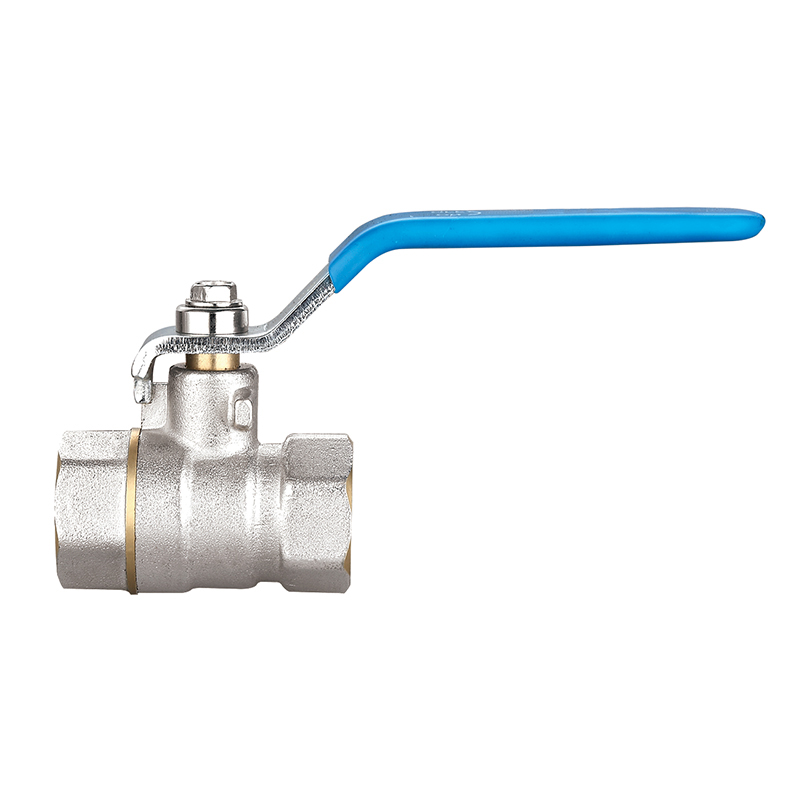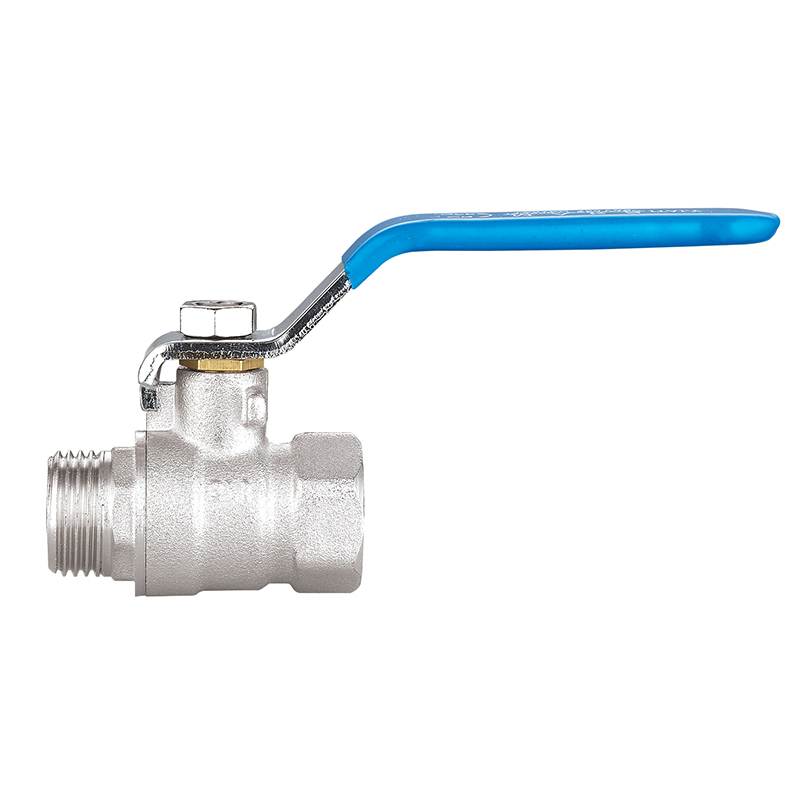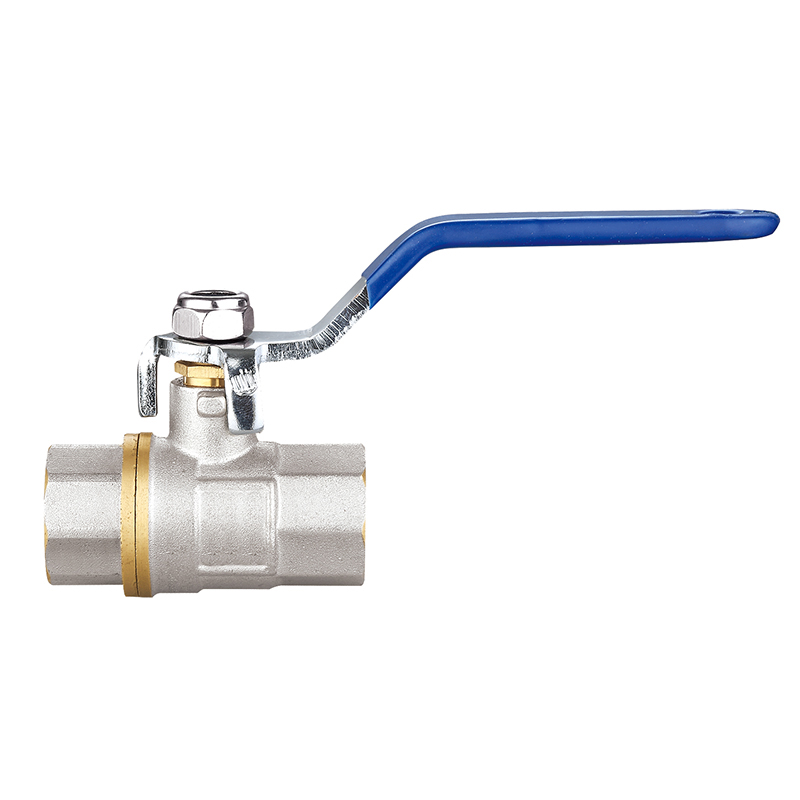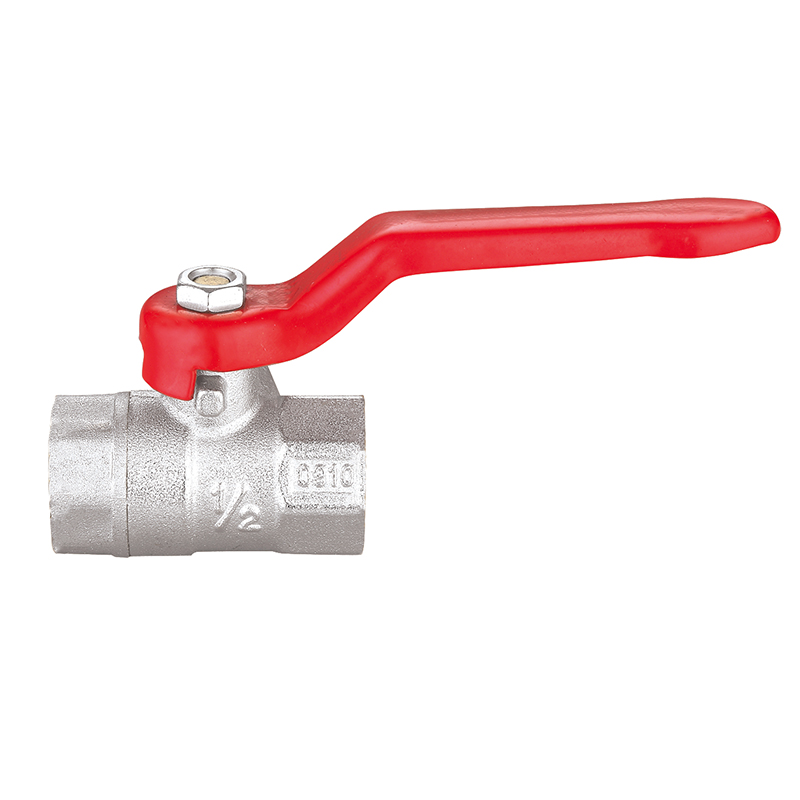Water Valves: The Backbone of Modern Fluid Control Across Industries
2025-07-11
As global infrastructure and urban systems continue to grow in complexity and scale, water valves have emerged as one of the critical components in managing and distributing one of our vital resources—water. From municipal pipelines and irrigation systems to industrial operations and HVAC applications, water valves are indispensable for regulating, directing, and shutting off water flow with precision and reliability.
Modern engineering depends on these components not just for basic on/off control but for modulating flow rates, ensuring safety, conserving resources, and enabling smart automation. As demand increases for efficient, resilient, and sustainable water systems, the role of valves becomes even more central.
A Vital Component in Every Sector
Water valves are mechanical devices used to start, stop, or regulate the flow of water within a system. Depending on the specific design and material, they are capable of handling a wide range of pressures, temperatures, and operating environments. Their widespread use across industries speaks to their versatility:
Municipal Water Supply: Valves regulate distribution from treatment plants to homes, control pressure zones, isolate sections for maintenance, and ensure safe delivery.
Agricultural Irrigation: In precision irrigation systems, valves help control water supply to fields, conserving resources and improving crop yield.
HVAC Systems: Valves are used in heating and cooling networks to balance flow, manage temperature control, and ensure efficient energy use.
Industrial Pipelines: In manufacturing plants, chemical processing, and energy generation, valves help control flow for everything from cooling systems to hazardous fluid handling.
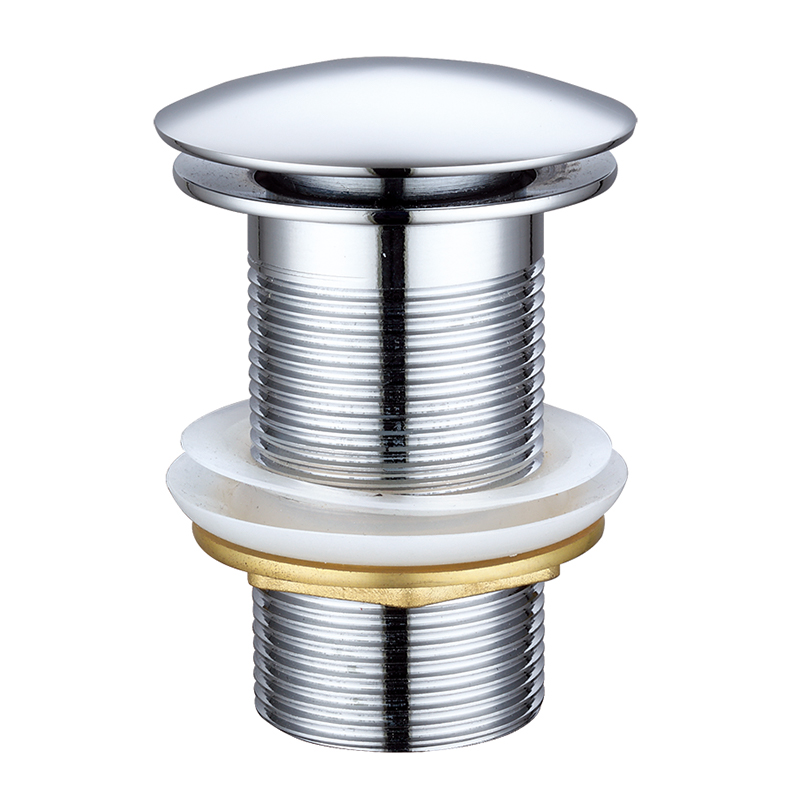
Different Types, Different Functions
The effectiveness of a water system depends heavily on selecting the right valve for the job. Each type is engineered for specific operational needs:
Ball Valves: Known for their quick shut-off capabilities, ball valves use a rotating sphere with a bore to control flow. They’re ideal for systems needing reliable, leak-proof closure.
Gate Valves: These allow unobstructed flow and are suited for full open or full close applications. They're commonly used in municipal mains and industrial settings.
Globe Valves: Designed for precision throttling, globe valves regulate flow more effectively than gate or ball valves, making them ideal for HVAC and process applications.
Check Valves: These prevent backflow, maintaining one-way flow in water systems. Swing, lift, and spring-loaded types are available depending on pressure and flow conditions.
Butterfly Valves: Compact and lightweight, butterfly valves offer quick shut-off with a simple rotary motion and are often used in large-diameter piping systems.
Angle and Stop Valves: Often found in residential and commercial buildings, these control water to individual fixtures and allow for localized maintenance.
Materials Matter: Built to Withstand the Elements
Water valves must be built to endure exposure to pressure, corrosive agents, temperature changes, and mechanical wear. Common materials include:
Brass and Bronze: for potable water due to corrosion resistance and antimicrobial properties.
Stainless Steel: Durable and suited for industrial or aggressive environments.
PVC and CPVC: Cost-effective for lower-pressure applications, especially in irrigation and non-potable water systems.
Cast Iron and Ductile Iron: Widely used in municipal systems for large pipes and high pressure.
Material selection impacts the valve's lifespan, flow characteristics, and maintenance needs, making it a crucial part of system design.
Advancing with Technology
As with many mechanical components, water valves have evolved with the rise of smart systems and automation. Newer trends in valve technology include:
Automated Actuation: Many valves can now be fitted with electric, pneumatic, or hydraulic actuators, allowing for remote operation and integration with control systems.
Smart Valves with Sensors: These valves can detect flow rates, pressure changes, or leaks and send real-time data to building management systems (BMS) or SCADA platforms for immediate action.
Water-Saving Designs: Valves with precision modulation and leak detection features help reduce water loss, contributing to conservation goals in drought-prone areas.
Lead-Free and Eco-Friendly Materials: Regulatory pressures are to safer materials that ensure compliance with health and environmental standards.
Whether you want to become our partner or need our professional guidance or support in product selections and problem solutions, our experts are always ready to help within 12 hours globally.




 русский
русский Español
Español عربى
عربى